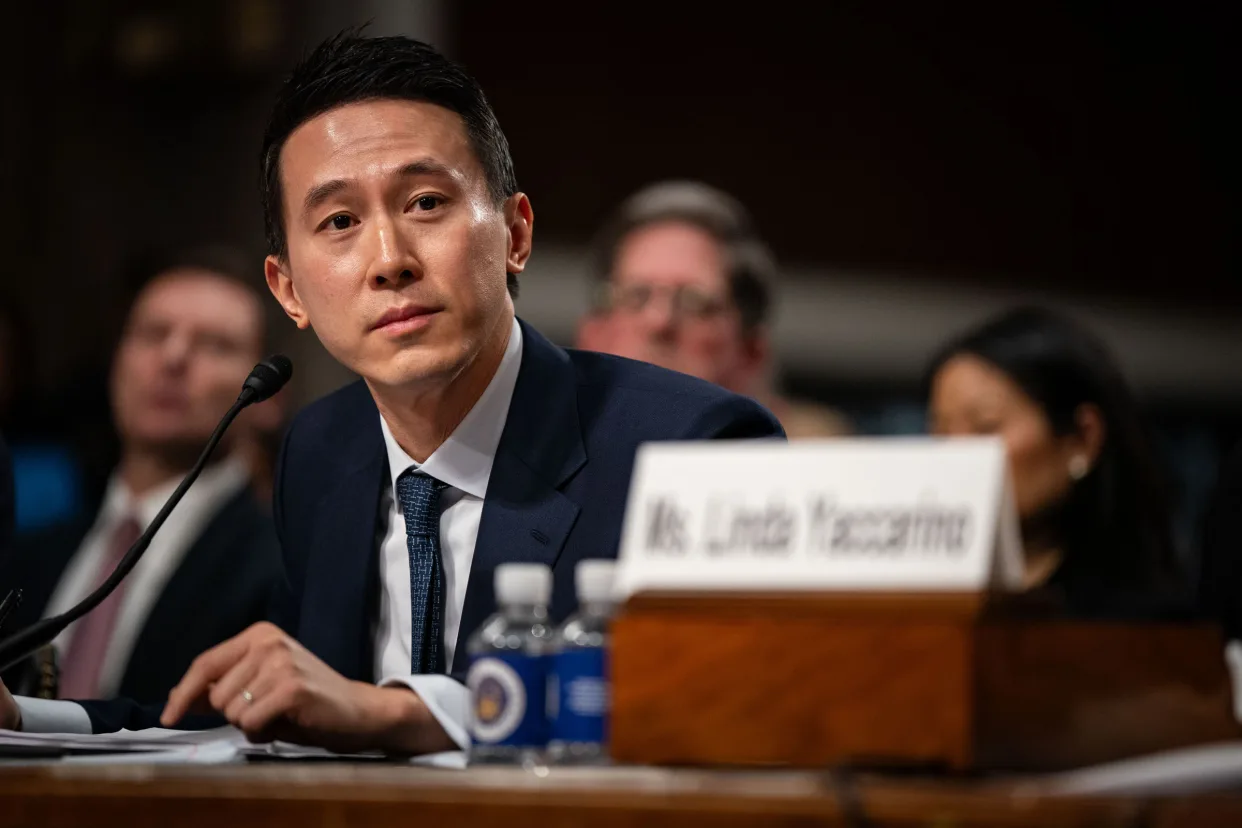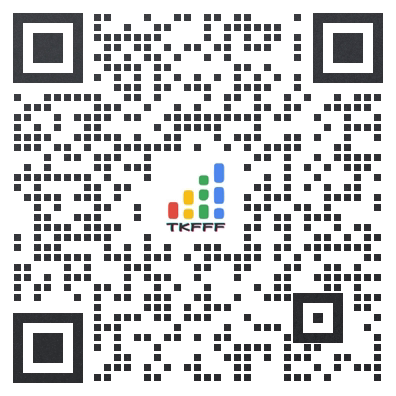
Shou Zi Chew, chief executive officer of TikTok, during a Senate Judiciary Committee hearing in Washington, D.C., on Jan. 31, 2024. Credit – Kent Nishimura—Bloomberg/Getty Images
Et tu, Biden? TikTok, it turns out, has been betrayed by one of its own. It was just 10 weeks after U.S. President Joe Biden joined TikTok’s over 150 million American users that he on April 24 signed a law that bans the popular streaming app unless Beijing-based parent ByteDance divests. TikTok strenuously denies sending American user data to the Chinese government, though nobody disputes its power: other than redefining celebrity for Gen Z, 32% of Americans ages 18 to 29 regularly get news from TikTok. And therein lies the rub; despite protestations of independence, topics sensitive for China—Hong Kong, Taiwan, Tibet—figure significantly less on TikTok than on rival social networks. How that influence might be wielded before November’s presidential election is a huge question—one the Biden campaign has half-answered by promising to keep posting until any ban, which TikTok has already sued to block. “The facts, and the Constitution, are on our side,” said TikTok CEO Shou Zi Chew in a video posted on the platform in April. “Rest assured, we aren’t going anywhere.”
文章来源:Time


TKFFF公众号
扫码关注领【TK运营地图】

TKFFF合作,请扫码联系!







 闽公网安备35021102002035号
闽公网安备35021102002035号